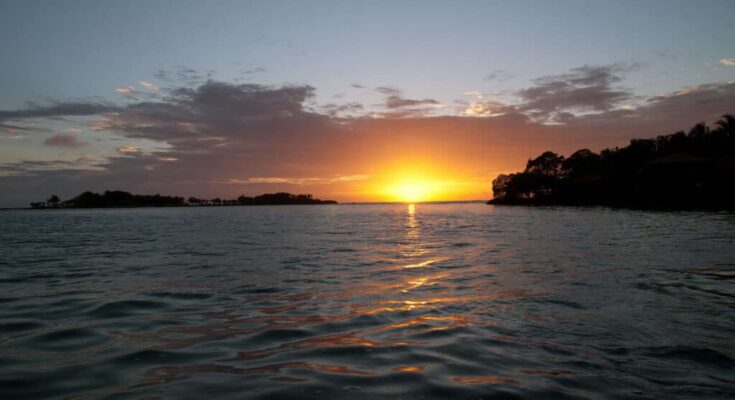
On the island of Roatán, Honduras, is the special economic zone of Próspera, a city where people can live entirely off Bitcoin.
Próspera is a Zone for Employment and Economic Development (ZEDE). ZEDEs were started in Honduras to attract foreign investment into uninhabited parts of the country, with Próspera being the first ZEDE in Honduras to get off the ground. The city of Próspera came about as CEO and founder Erick A. Brimen’s way of ending poverty.
“What is now Próspera started as an idea that emanated from being from Venezuela,” Brimen said to Insider News. “In my country of birth, there was a tremendous amount of poverty, very concentrated wealth, and a huge separation between the two. I wanted to find ways to get rid of poverty.”
Próspera has helped start more than 200 businesses and raised more than $100 million in investments. The Bitcoin City has extremely low taxation: one percent income tax, five percent personal income tax, and one percent land value tax. The tax returns and everything else in Próspera can be paid in Bitcoin.
All residents and visitors need to do is scan their wallet QR code, and the transaction is completed using cryptocurrency within seconds. “Tax returns are a one-page thing and took me less than 5 minutes. This is how it should be done in every country,” said Dusan Matuska, founder of AmityAge, on Próspera’s website
Jorge Colindres, the technical secretary who acts as mayor, governs the city along with an anonymous council. An arbitration court of three former Arizona judges and a private security firm enforces its rules.
Opposition to Próspera in Honduras
ZEDEs like Próspera had been more or less championed by Honduran politicians throughout the past decade, and they were approved in 2013. Former President Juan Orlando Hernández was a massive supporter of the idea. However, in 2022, he was extradited to the US on charges of corruption and drug trafficking.
With the election of current President Xiomara Castro, ZEDEs are now being attacked. In her 2021 campaign, Castro made it a priority to get rid of ZEDEs. Addressing the UN General Assembly a few months following her election into office, Castro said, “Never again will we carry the stereotype of the banana republic.”
In 2022, the Congress of Honduras unanimously voted to repeal ZEDEs, but that wasn’t enough. Thanks to international treaties that secured the city’s existence for fifty or so years, the Honduran government can do nothing to eliminate Próspera and other ZEDEs that have cropped up in the country until the treaties expire.
Briman and the city of Próspera have countered the Honduran government’s opposition. Honduras Próspera Inc. has filed a $10.775 billion lawsuit against Honduras in the World Bank tribunal called the International Center for Settlement of Investment Disputes (ICSID). According to Insider News, that amount is worth roughly two-thirds of the country’s budget in 2022.
Critics say Próspera could win the dispute, as the ICSID is notorious for supporting corporations. As of 2024, all ZEDEs remain operational, although Próspera has to pay taxes on goods that come into the city now.



